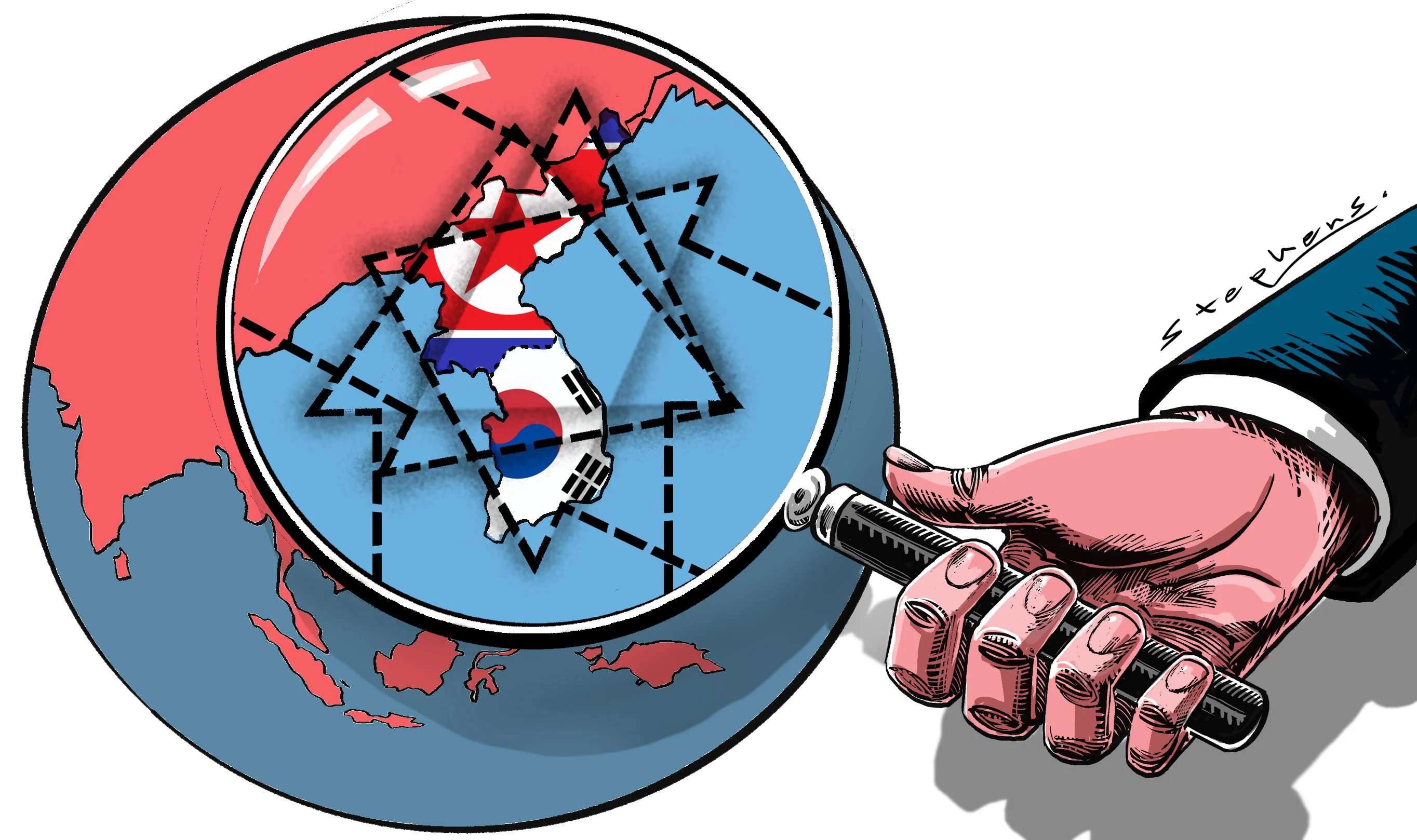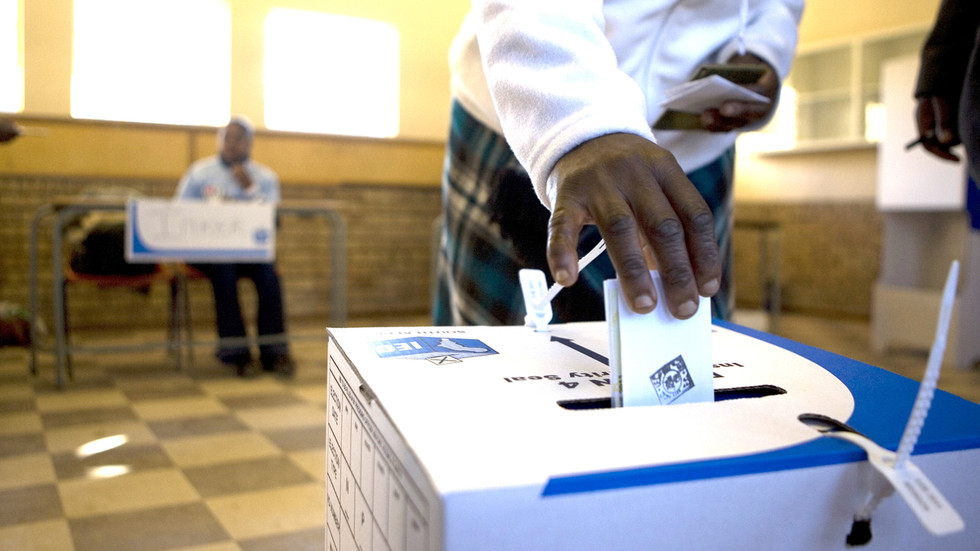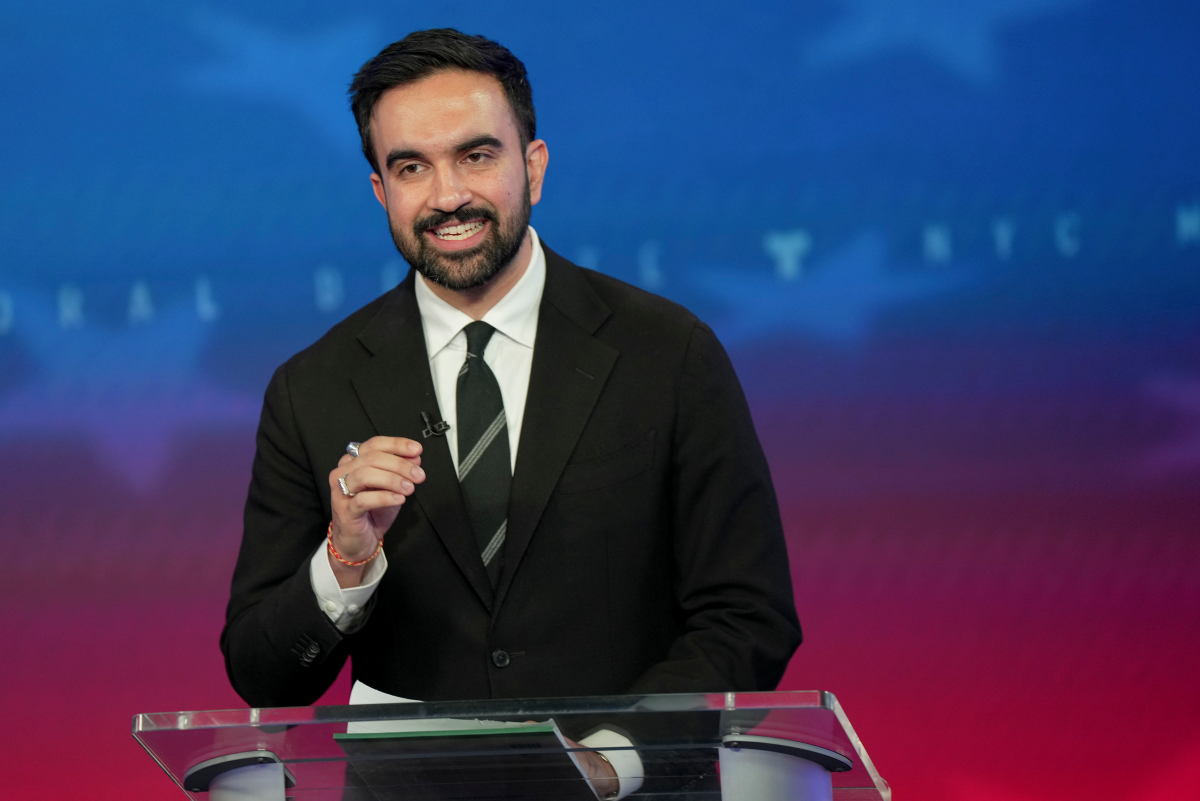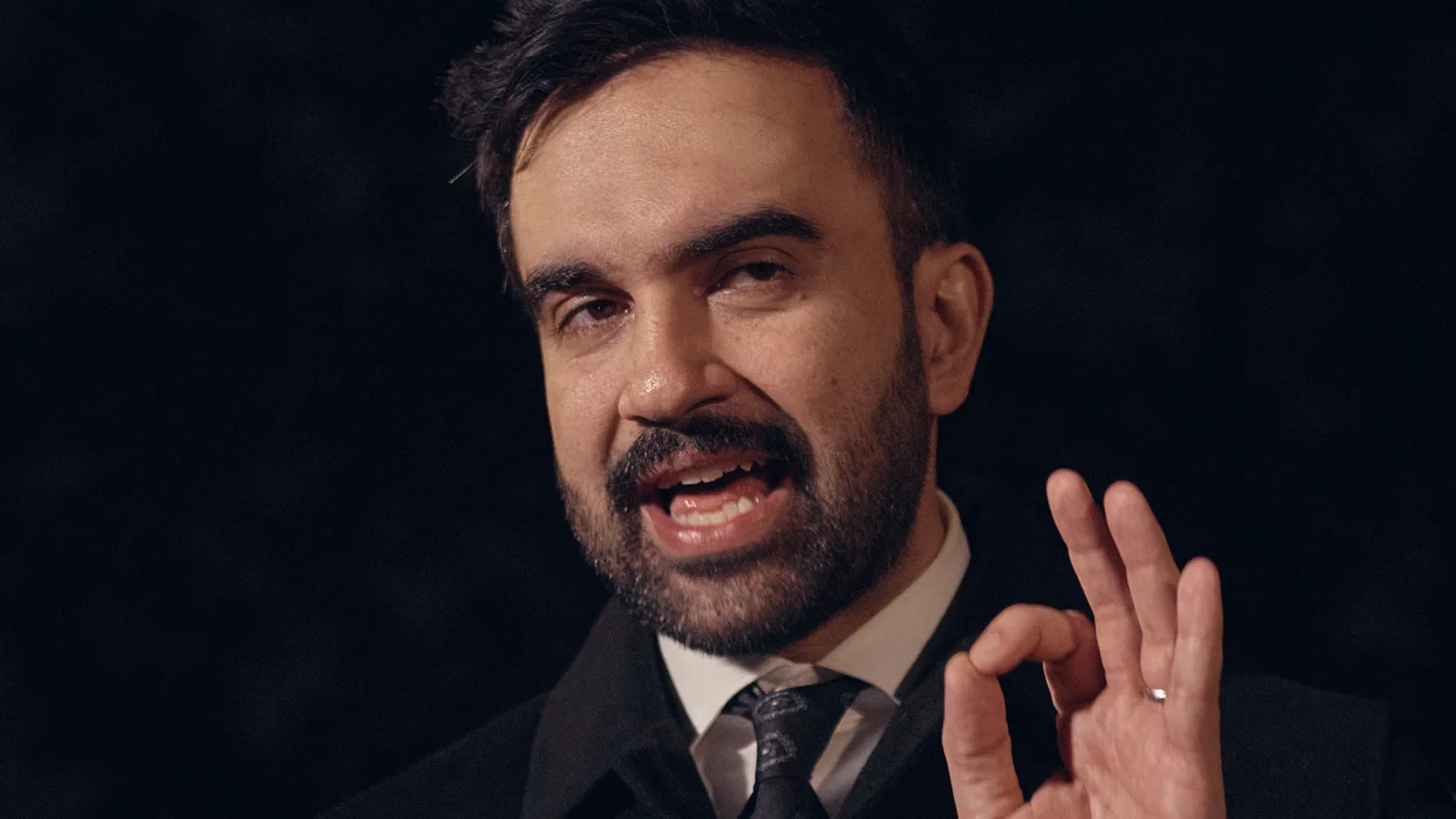Copyright 9news
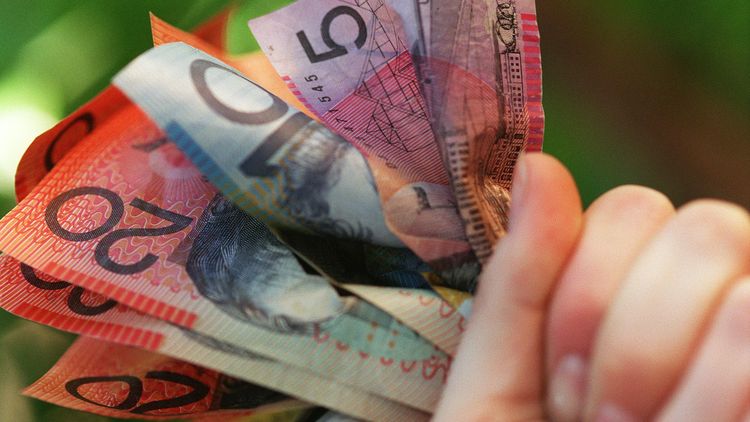
If you live in the eastern states, odds are you're soon going to find yourself looking at an ad telling you how great the current GST carve-up deal is. It's part of a million-dollar advertising blitz by the Western Australian government as it tries to stave off any potential changes to the controversial arrangement – one that is incredibly popular on that side of the country, despite criticism from economists that it is the worst piece of government policy this century. So why is the deal so divisive, and why has a state government suddenly launched a marketing campaign about it? This is what you need to know. READ MORE: Three countries 'willing' to try to kill on Australian soil, ASIO says What's this GST deal? We need to start with some background here - bear with us. The federal government gives billions of dollars to the states and territories each year because, while they have significant programs to run – public hospitals and schools, for example – they have quite a limited ability to raise funds. Roughly half of all federal funding to the states comes straight from the GST, and a formula is used to determine who gets how much, which boils down to a single number called the GST relativity. A score of 1 indicates a state has an average need, with anything more indicating a greater need, and vice versa. READ MORE: New poll spells out Australians' falling out with Trump's US The idea is to make sure that each jurisdiction can provide the same level of services to its residents as any other can, taking into account how much it would cost for a state or territory government to service its population, but also the ability of that government to raise revenue. So the Northern Territory, for example, has always had the highest GST relativity because of the cost of providing services to its remote Indigenous community, coupled with its small economy. For the last decade and a half, WA has been the major outlier at the other end of the scale, with the revenue from mining royalties making it the richest state on a per-person basis – and leaving it with comparatively little need for GST payments from the federal government. However, in 2018, the Turnbull government and then-treasurer Scott Morrison introduced a new model for distributing GST, which set a floor for payments: no state's relativity could fall below 0.75, meaning each state or territory receives no less than 75 cents for every dollar of GST it raises. READ MORE: COVID vaccines far safer for kids' health than infection, study finds Why is that so controversial? Two reasons: it's very expensive, and it clearly benefits Western Australia above all other states and territories. Without the deal, WA's GST relativity for 2025-26 would have been about 0.18 – well short of the 0.75 it actually received because of the new floor. In real terms, that's an extra $6 billion a year for a state budget that is in a better shape than any other – money that otherwise would have gone to the other states. So, to keep them happy, the 2018 deal also included top-up payments to ensure no one was left worse off under the revamped system. The payments haven't managed to keep everyone content – NSW Treasurer Daniel Mookhey, for example, has regularly cried foul – and they've also proven to be far more expensive than first thought. The original forecast put the cost of the payments at $8.95 billion over 10 years. In reality, they cost more than that in the past two years alone, and the overall price has surged past $50 billion – all at a time when the federal budget is deep in the red and the government is under pressure to rein in spending. READ MORE: Most Aussies are against it, but this AI job practice is on the rise All this happened years ago. Why is WA lobbying about the changes now? Because the deal is so popular in WA – a crucial battleground in recent elections – both sides of politics have offered nothing but support for it. However, the Productivity Commission is currently reviewing the GST arrangements, and the public has been invited to make submissions. "It's about making sure these arrangements are delivering the best value for states and territories, as well as hardworking Australian taxpayers," Treasurer Jim Chalmers said when the report was announced in September. The same day, WA Treasurer Rita Saffioti announced a so-called "fairness fighter" to lead the state's response to the review, and this week Premier Roger Cook unveiled the advertising blitz to promote the distribution deal. READ MORE: Why the upcoming cyclone season could be more severe than usual His campaign argues that the state's share of GST is being used to create infrastructure that is crucial for the entire nation. "We utilise that revenue to ensure that we can develop the economic infrastructure, create the frameworks and the regulation to create the industry, which ultimately pays significant resources to the Commonwealth and other states," he told ABC radio yesterday. But economists are unlikely to be swayed by those claims. Public policy expert Robert Breunig has previously called the deal a "disaster", while fellow respected economist Saul Eslake has been even more scathing, calling it "the worst public policy decision of the 21st century thus far" and WA's recent arguments "vacuous" and "without foundation whatsoever". The Productivity Commission is due to deliver an interim report to the government next August before making its final recommendations by the end of 2026. DOWNLOAD THE 9NEWS APP: Stay across all the latest in breaking news, sport, politics and the weather via our news app and get notifications sent straight to your smartphone. Available on the Apple App Store and Google Play.
